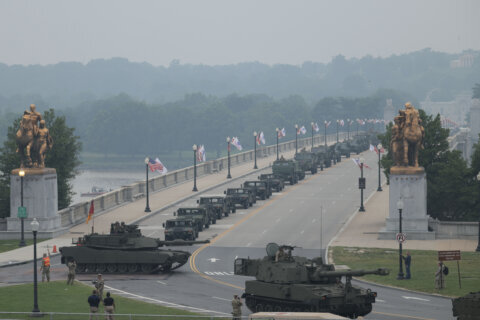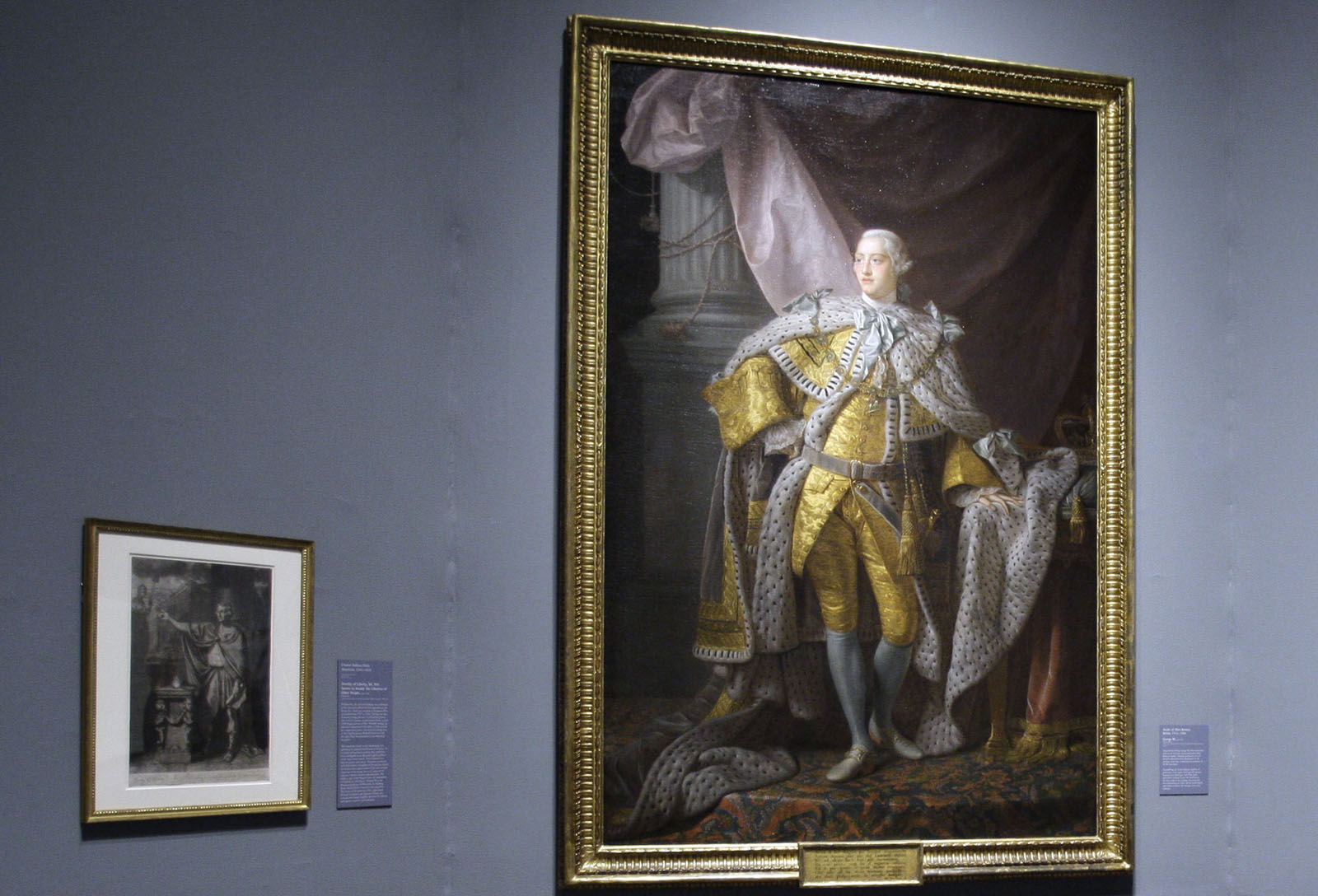
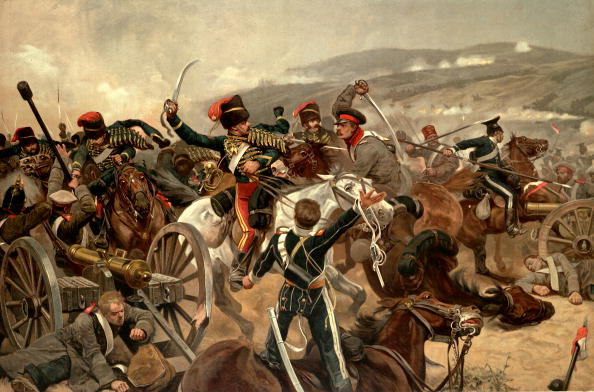
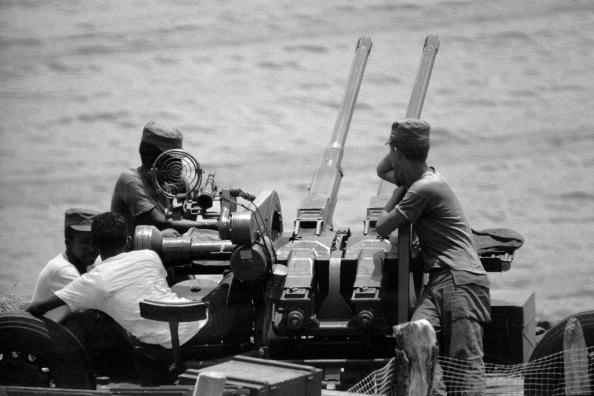
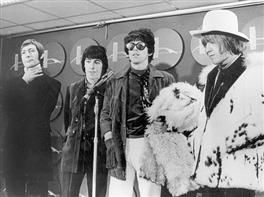
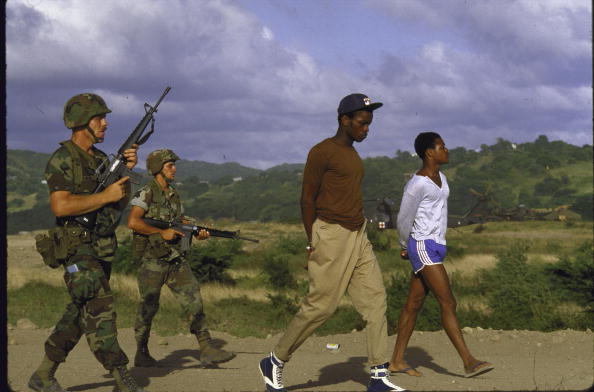
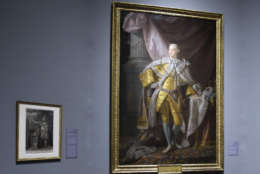
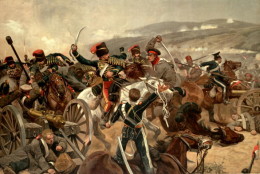
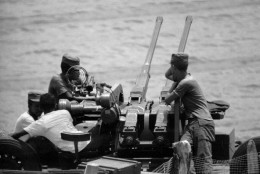
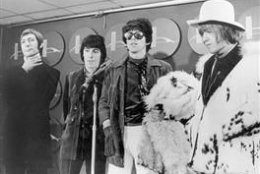
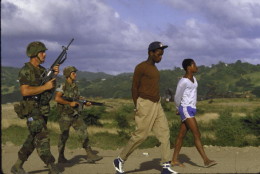
Today is Friday, Oct. 25, the 298th day of 2019. There are 67 days left in the year.
Today’s Highlight in History:
On Oct. 25, 1971, the U.N. General Assembly voted to admit mainland China and expel Taiwan.
On this date:
In 1760, Britain’s King George III succeeded his late grandfather, George II.
In 1812, the frigate USS United States, commanded by Stephen Decatur, captured the British vessel HMS Macedonian during the War of 1812.
In 1854, the “Charge of the Light Brigade” took place during the Crimean War as an English brigade of more than 600 men charged the Russian army, suffering heavy losses.
In 1910, “America the Beautiful,” with words by Katharine Lee Bates and music by Samuel A. Ward, was first published.
In 1954, a meeting of President Dwight D. Eisenhower’s Cabinet was carried live on radio and television.
In 1962, during a meeting of the U.N. Security Council, U.S. Ambassador Adlai E. Stevenson II demanded that Soviet Ambassador Valerian Zorin confirm or deny the existence of Soviet-built missile bases in Cuba; Stevenson then presented photographic evidence of the bases to the Council.
In 1964, The Rolling Stones made the first of six appearances on “The Ed Sullivan Show.”
In 1983, a U.S.-led force invaded Grenada (greh-NAY’-duh) at the order of President Ronald Reagan, who said the action was needed to protect U.S. citizens there.
In 1994, Susan Smith of Union, South Carolina, claimed that a black carjacker had driven off with her two young sons (Smith later confessed to drowning the children in John D. Long Lake, and was convicted of murder). Three defendants were convicted in South Africa of murdering American exchange student Amy Biehl. (In 1998, all three were granted amnesty by South Africa’s Truth and Reconciliation Commission.)
In 1999, golfer Payne Stewart and five others were killed when their Learjet flew uncontrolled for four hours before crashing in South Dakota; Stewart was 42.
In 2001, a day after the House signed on, the Senate sent President Bush the U-S-A Patriot Act, a package of anti-terror measures giving police sweeping new powers to search people’s homes and business records secretly and to eavesdrop on telephone and computer conversations.
In 2002, U.S. Sen. Paul Wellstone, D-Minn., was killed in a plane crash in northern Minnesota along with his wife, daughter and five others, a week and a-half before the election. Actor Richard Harris died in London at age 72.
Ten years ago: A pair of suicide car bombings devastated the heart of Iraq’s capital, Baghdad, killing 155 people, including 24 children. Philanthropist Jeffry Picower, accused of making more than $7 billion from the investment schemes of his longtime friend Bernard Madoff, drowned after suffering a heart attack in the swimming pool of his Palm Beach, Florida, mansion; he was 67. The New York Yankees won their first pennant in six years, beating the Los Angeles Angels 5-2 in Game 6 of the AL championship series.
Five years ago: The World Health Organization said more than 10,000 people had been infected with Ebola and that nearly half of them had died as the outbreak continued
to spread. Jack Bruce, 71, the bassist and lead vocalist of the 1960s power trio Cream, died in London. The San Francisco Giants defeated the Kansas City Royals, 11-4, to even the World Series at two games each.
One year ago: Investigators searched coast-to-coast for the culprit behind the mail-bomb plot aimed at critics of President Donald Trump as three more devices were linked to the plot – two addressed to former Vice President Joe Biden and one to actor Robert De Niro.
Copyright © 2026 The Associated Press. All rights reserved. This material may not be published, broadcast, written or redistributed.

